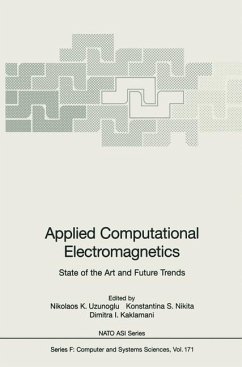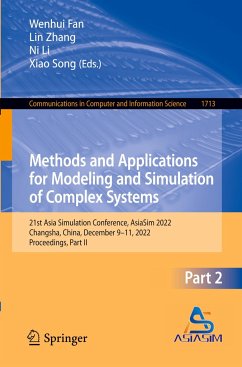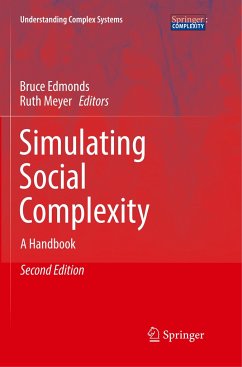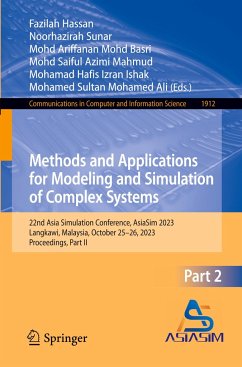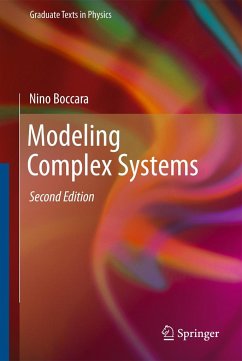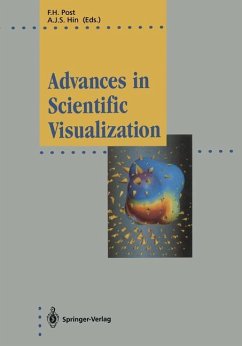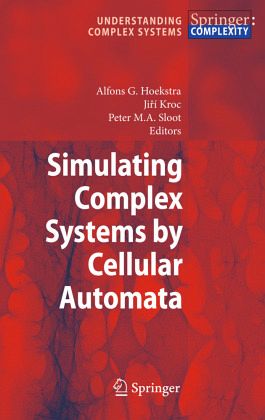
Simulating Complex Systems by Cellular Automata

PAYBACK Punkte
38 °P sammeln!
Deeply rooted in fundamental research in Mathematics and Computer Science, Cellular Automata (CA) are recognized as an intuitive modeling paradigm for Complex Systems. Already very basic CA, with extremely simple micro dynamics such as the Game of Life, show an almost endless display of complex emergent behavior. Conversely, CA can also be designed to produce a desired emergent behavior, using either theoretical methodologies or evolutionary techniques. Meanwhile, beyond the original realm of applications - Physics, Computer Science, and Mathematics - CA have also become work horses in very di...
Deeply rooted in fundamental research in Mathematics and Computer Science, Cellular Automata (CA) are recognized as an intuitive modeling paradigm for Complex Systems. Already very basic CA, with extremely simple micro dynamics such as the Game of Life, show an almost endless display of complex emergent behavior. Conversely, CA can also be designed to produce a desired emergent behavior, using either theoretical methodologies or evolutionary techniques. Meanwhile, beyond the original realm of applications - Physics, Computer Science, and Mathematics - CA have also become work horses in very different disciplines such as epidemiology, immunology, sociology, and finance.In this context of fast and impressive progress, spurred further by the enormous attraction these topics have on students, this book emerges as a welcome overview of the field for its practitioners, as well as a good starting point for detailed study on the graduate and post-graduate level.The book contains three parts, two major parts on theory and applications, and a smaller part on software. The theory part contains fundamental chapters on how to design and/or apply CA for many different areas. In the applications part a number of representative examples of really using CA in a broad range of disciplines is provided - this part will give the reader a good idea of the real strength of this kind of modeling as well as the incentive to apply CA in their own field of study. Finally, we included a smaller section on software, to highlight the important work that has been done to create high quality problem solving environments that allow to quickly and relatively easily implement a CA model and run simulations, both on the desktop and if needed, on High Performance Computing infrastructures.






